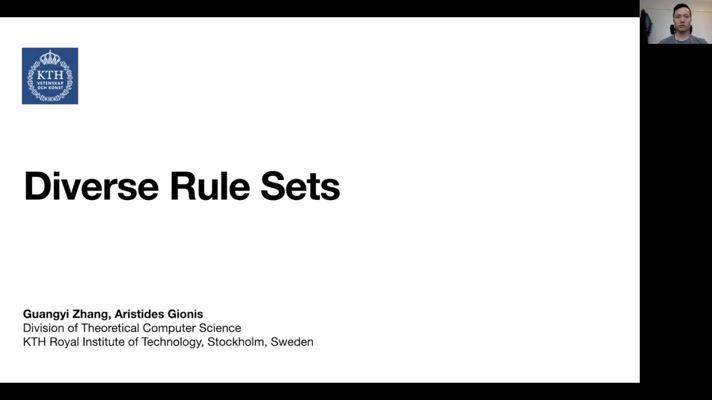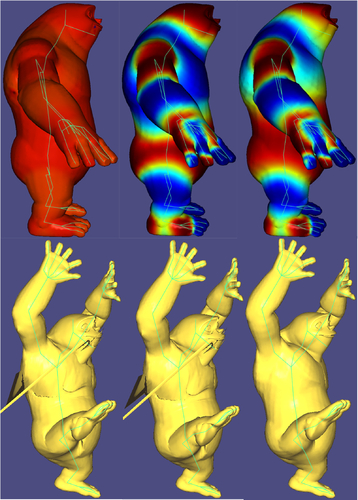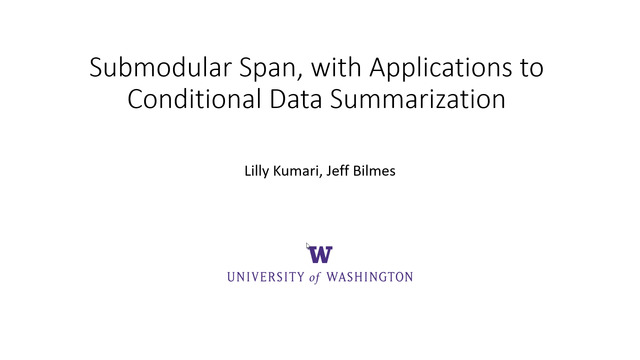Abstract:
Predictive models are being increasingly used to support consequential decision making at the individual level in contexts such as pretrial bail and loan approval. As a result, there is increasing social and legal pressure to provide explanations that help the affected individuals not only to understand why a prediction was output, but also how to act to obtain a desired outcome. To this end, several works have proposed optimization-based methods to generate nearest counterfactual explanations. However, these methods are often restricted to a particular subset of models (e.g., decision trees or linear models) and differentiable distance functions. In contrast, we build on standard theory and tools from formal verification and propose a novel algorithm that solves a sequence of satisfiability problems, where both the distance function (objective) and predictive model (constraints) are represented as logic formulae. As shown by our experiments on real-world data, our algorithm is: i) model-agnostic ({non-}linear, {non-}differentiable, {non-}convex); ii) data-type-agnostic (heterogeneous features); iii) distance-agnostic (l0, l1, l∞, and combinations thereof); iv) able to generate plausible and diverse counterfactuals for any sample (i.e., 100% coverage); and v) at provably optimal distances.









































